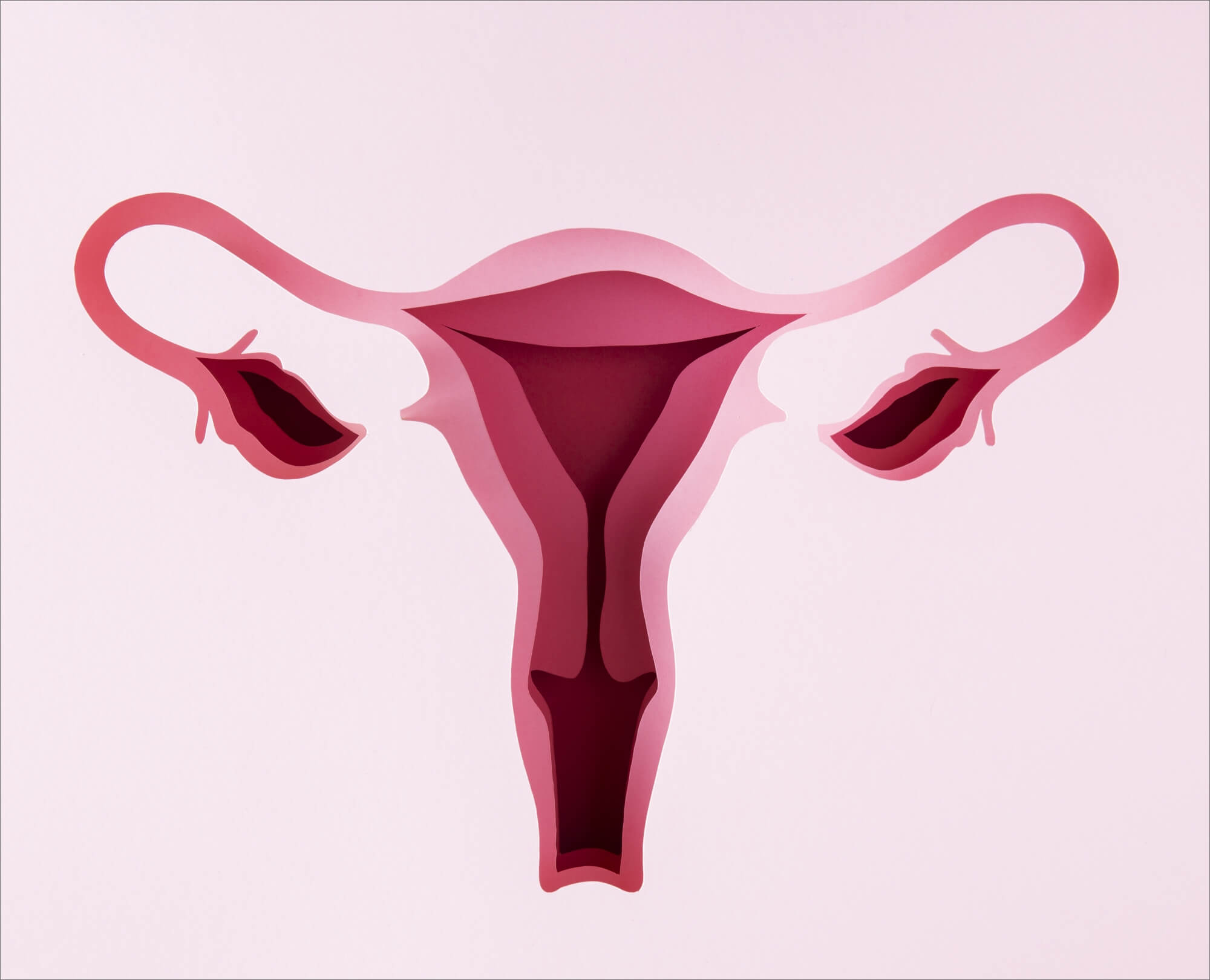Polycystic ovarian syndrome (PCOS) is a hormonal condition that affects up to 1 in 5 Australian women of reproductive age. Women impacted by this condition often ask, following diagnosis: Can you cure PCOS? Unfortunately, the answer at this time is “no”; however, while PCOS cannot be cured, it can be managed. This means that the condition will not go away, but numerous approaches, strategies, and interventions can reduce the symptoms associated with PCOS.
Together, let’s learn more about how PCOS can be managed for improved health, well-being, and fullness of life.

New to PCOS?
Understanding our bodies and how to identify abnormalities is essential for receiving appropriate care. If you’re new to PCOS, we’ve provided a basic outline of what it is, the primary causes, and common symptoms:
What is PCOS?
Polycystic ovarian syndrome (PCOS) is a complex endocrine disorder that disrupts regular hormonal balance, increasing the production of male hormones (androgens). This imbalance can result in irregular menstrual cycles and interfere with ovulation, making it more difficult for women to conceive. PCOS can also lead to enlarged ovaries, and approximately 15% of women impacted by PCOS develop small cysts on their ovary’s outer edges.
What are the Main Causes of PCOS?
The exact cause of PCOS remains unknown, but several factors seemingly contribute to its development, including the following:
- Geneticpredisposition: PCOS tends to run in families.
- Insulin resistance: Here, cells become less responsive to insulin produced by the pancreas. This is associated with PCOS, as high insulin levels can increase androgen production.
- Inflammation: Many women with PCOS also have increased inflammation levels, which lead to higher androgen levels, inferring a link between conditions.
What are the Symptoms of PCOS?
PCOS can display a wide range of symptoms, which may vary in severity. The most common signs and symptoms of PCOS include the following:
- Irregular or absent menstrual periods
- Excessive hair growth on the face and/or body
- Acne or oily skin
- Weight gain or difficulty losing weight
- Thinning hair
- Darkening of skin, especially in skin folds
- Mood swings, anxiety, and/or depression
- Sleep disturbances
- Reduced fertility

Adopting a Holistic View
We’ve answered the long-asked question – no, PCOS cannot be cured. But what’s next? As a complex condition that affects many health domains, it is important to adopt a big-picture perspective, considering how PCOS impacts you mentally, physically, and socially, and how this may progress into the future. At Northside Gynaecology, we are committed to helping PCOS patients implement thoughtful, evidence-based management strategies to improve health outcomes sustainably and effectively.
What are the management options for PCOS?
Depending on your specific symptoms and goals, lifestyle and medical treatment will vary; however, common approaches are addressed below.
Lifestyle Management Options
Many PCOS symptoms can be improved through lifestyle changes.
Physical Activity
To improve PCOS symptoms and overall health and well-being, we recommend starting with a few 30-minute walks each week. You may also enjoy jogging, cycling, yoga, or swimming.
Targeted Diet
PCOS symptoms can be managed by adopting a tailored diet recommended by a healthcare professional. The most appropriate diet depends on your condition, and Northside Gynaecology can provide personalised guidance or referrals. Generally, the following foods are recommended for PCOS management:
- Whole grains
- Whole fruit, including berries
- Non-starchy vegetables
- Greens
- Specific nuts, including almonds and walnuts
- Olive oil
- Beans and legumes
- Omega-3 rich fish
Refined carbohydrates, inflammatory foods, and sugary products should be limited.
Maintaining a Healthy Weight
We acknowledge that weight loss can be difficult with PCOS; however, losing even small amounts of weight can improve your PCOS symptoms and overall health. Physical activity and diet can help with this.
Practising Mindfulness
Mood changes often accompany PCOS, and these can be managed through numerous avenues, including:
- Meditation
- Hobbies
- Journaling
- Support networks, including family, friends, peers, and colleagues
- Sleep strategies
- Physical activity and diet
- Psychological services, including cognitive behavioural therapy
Medical Management Options
Medical interventions may be required for effective management, depending on the severity and duration of concerns.
Oral Contraceptives
Birth control pills can help regulate menstrual cycles and reduce androgen levels, alleviating symptoms such as excess hair growth and acne. Oral contraceptives can also lighten periods.
Anti-Androgen Medications
Medications that block the effects of androgens can help manage hair growth and loss.
Metformin
For women with insulin resistance, Metformin, a medication used to treat type 2 diabetes, can improve insulin sensitivity and regulate menstrual cycles.
Antidepressants and Anti-Anxiety Medications
Women suffering from prolonged, severe mental health issues due to PCOS may benefit from targeted medications. Psychiatrists can provide empathetic, evidence-based guidance.
Fertility Treatments
Women with PCOS trying to conceive may benefit from fertility medications or assisted reproductive technologies, including in vitro fertilisation (IVF).
Does PCOS lead to other conditions?
Being a condition that remains throughout the lifetime, PCOS can increase the risk of other health conditions, including the following:
- Type 2 diabetes: By the time they reach 40 years old, over 50% of women with PCOS are diagnosed with type 2 diabetes.
- Obesity: Depending on the study, 38% to 88% of women with PCOS develop obesity.
- Sleep apnoea: Women impacted by PCOS are twice as likely to have sleep apnoea than women without PCOS.
- High cholesterol: Up to 70% of women with PCOS may experience dyslipidemia.
- Endometrial cancer: Studies indicate that women with PCOS are 2.7 times more likely to develop endometrial cancer.
With appropriate management, screening, and early intervention, these risks can be minimised.
Are you looking to manage your PCOS condition?
Embarking on the journey to PCOS management is an exciting, transformative choice; however, the complex nature of this condition can make management feel daunting and, at times, confusing.
The compassionate, multidisciplinary team at Northside Gynaecology values holistic treatment, and provides comprehensive information for PCOS management so you can feel informed, well-equipped, and empowered. Our Her Wellness Clinic also offers individualised allied health support, allowing you to benefit from exercise and physio targeted at female wellness.
For coordinated care provided by experienced and knowledgeable specialists who understand women’s health, contact our compassionate team today.